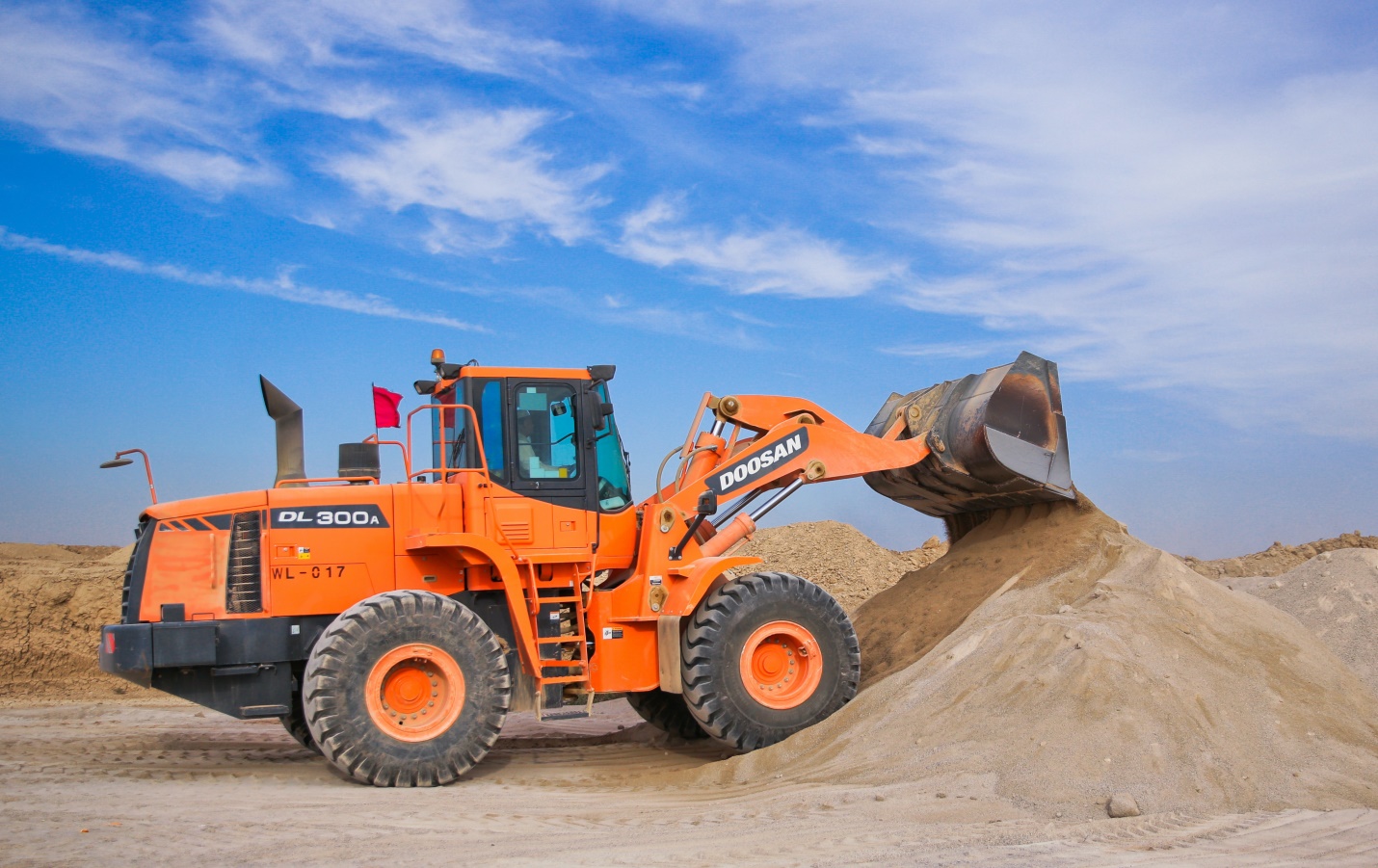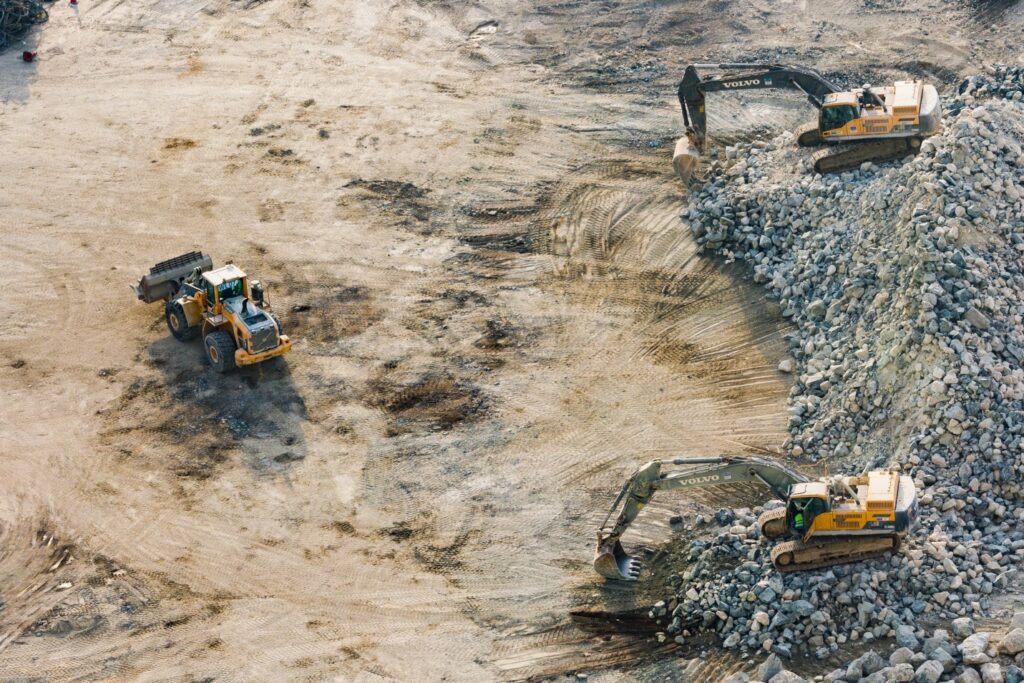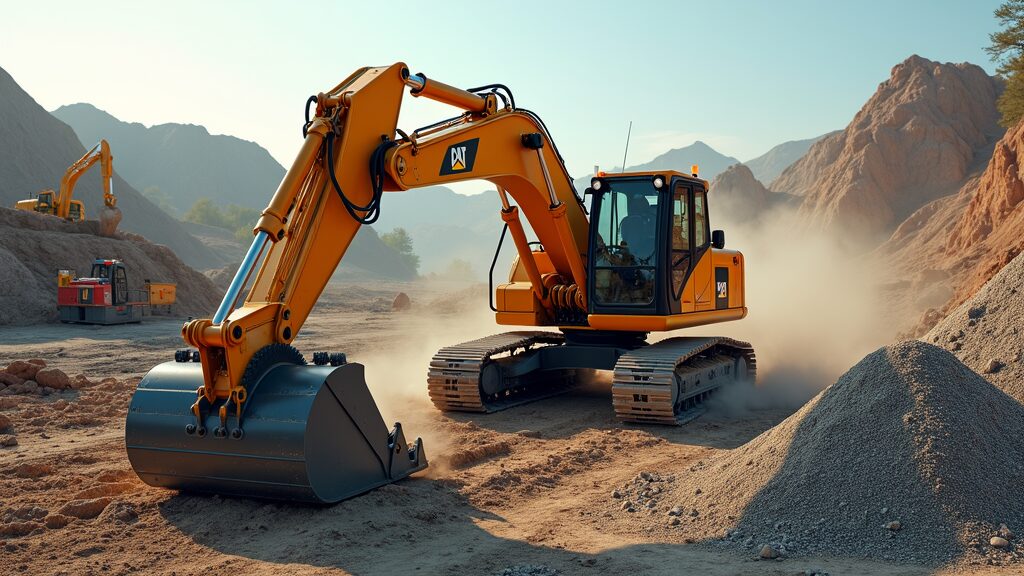Whether you are looking for a new home, building, or business, you’re probably curious about the different services excavation contractors provide. These services require specialized equipment, calculations, and a good understanding of the process.
You can’t just pick up a shovel and start digging since it takes a team to do a good job. Attempting to do the job yourself can waste time and money, and it might even end up worse.
Safety gear required
If your company conducts excavation work, you should be sure to provide all employees with the right safety gear. If the work involves working in an area with accumulated water, your employees should be protected from the dangers that come with the water.
Whether they’re working in an underground pit or bell-bottom pier hole, they must wear life-line-equipped harnesses and be individually attended to at all times. Click here for more information about harness safety requirements. In addition, you should use safety glasses that have side shields or other protective equipment that keeps them safe from flying fragments.
Trench shields should be installed and maintained according to manufacturers’ specifications. Support systems must be removed from service if they have become damaged. Members of support systems must be secured properly so that they do not cause potential hazards.
Employees should be retrained every year or whenever work procedures change. Employees should be given adequate protective gear before entering deeper excavations. A competent person should also check the equipment every time a rainstorm or another increasing hazard occurs. They should also be checked after any time they have been exposed to hazardous substances.
Additionally, they should also wear protective eyewear if the job requires them to be exposed to dust or chemicals. These items are important because flying debris can cause serious injuries. You should also consider purchasing a pair of safety gloves if your work requires it.

Work environment
OSHA requires safe work environments for excavation contractors. These standards require that utility lines and other hazards be clearly identified and well away from workers. In addition, excavations must be completed without raising equipment or surcharge loads more than two feet above the ground.
Additionally, the designated competent person must be trained and familiar with OSHA safety regulations and must identify and mitigate potential hazards on the work site. By following these guidelines, contractors can ensure their work environment is safe and avoid any unnecessary health risks or jobsite accidents.
A well-trained crew should know all of the procedures and hazards related to the project, such as the use of scaffolding and protective systems in trenches. The course also covers the legal rights and responsibilities of both employers and employees. Many construction companies now require their workers to attend OSHA training. Click the link: https://en.wikipedia.org/wiki/Occupational_Safety_and_Health_Administration to find out more about OSHA.
The work environment for excavation contractors includes many potential hazards. Underground utilities are the most common. Explosive gas lines are among the most hazardous. Natural gas inside these lines is highly flammable and can explode under certain conditions.
Excavators can cause gas leaks by puncturing and severing these lines. Additionally, rock that is exposed during an excavation can spark and ignite, increasing the risk of a fire. Additionally, construction materials may contain easily flammable packaging. With that said, if you were to consider something like Vacuum Excavation, this would decrease the risk of puncturing or severing the lines, or exposing rock, as it is very precise and is much less invasive.
Businesses must also install benches and correct sloping on excavations. Finally, excavations must be designed to prevent cave-ins. In addition to cave-ins, workers may fall into the excavation and become trapped in it.
Excavation contractors must be aware of the hazards of exposure to hazardous chemicals. They should take all necessary precautions to protect themselves and others. A hazardous chemical on the site may be toxic or life-threatening. Excavation contractors should also take extra precautions to avoid breathing in the chemical fumes.
The safety rules listed in a Safety Data Sheet should be followed. Check this link https://ehs.research.uiowa.edu/chemical/safety-data-sheets-sdss to find out more about safety data sheets. In addition to wearing protective clothing and eye protection, excavation contractors should also use secondary containment to keep workers safe.
Insurance
If you are looking to get an excavation license in your state, you must obtain insurance. Insurance for excavation contractors is important because the work you do can damage the property or nearby properties and put the public at risk.
General liability insurance will protect you from lawsuits by paying for legal defense and settlement costs, as well as any damages to adjacent property. General liability coverage can also cover the cost of damaged property caused by finished operations. General liability insurance may also cover medical costs and legal fees.
While excavation contractors work on large, complex jobs, accidents do happen. In some cases, things go wrong even after the job is done. Even the most competent companies such as Peden Industries Ltd carry insurance policies to protect themselves in the unlikely event of an accident. To protect yourself from these unexpected costs, you should purchase products and complete operations insurance.
This type of insurance covers legal and other costs associated with third-party bodily injury claims. For example, if you hit a pedestrian while grading a street, it will likely cost the victim an ambulance ride, surgery, and lost wages. Medical payments coverage will cover these expenses.
Excavation contractor liability insurance protects your business from legal fees and attorney bills, as well as repairing damages. Coverage can also cover damage to another business’s reputation due to advertising. General liability insurance for excavation contractors depends on a variety of factors, including the state you operate in, the size of your business, and the amount of work you do. Some policies have higher deductibles than others, so it is important to research your needs before choosing an insurance policy.
Another important consideration for an excavation contractor is vehicle coverage. Typically, excavation contractors use mobile equipment, including excavators and trucks. General liability insurance covers these items on their work sites but does not protect them when on public roads. If you plan on operating mobile equipment, you will need a separate commercial auto policy. If you drive a vehicle to a job site, consider buying an inland marine policy. This type of insurance can protect the equipment, tools, and materials on these vehicles that are not covered by a standard commercial property policy.


